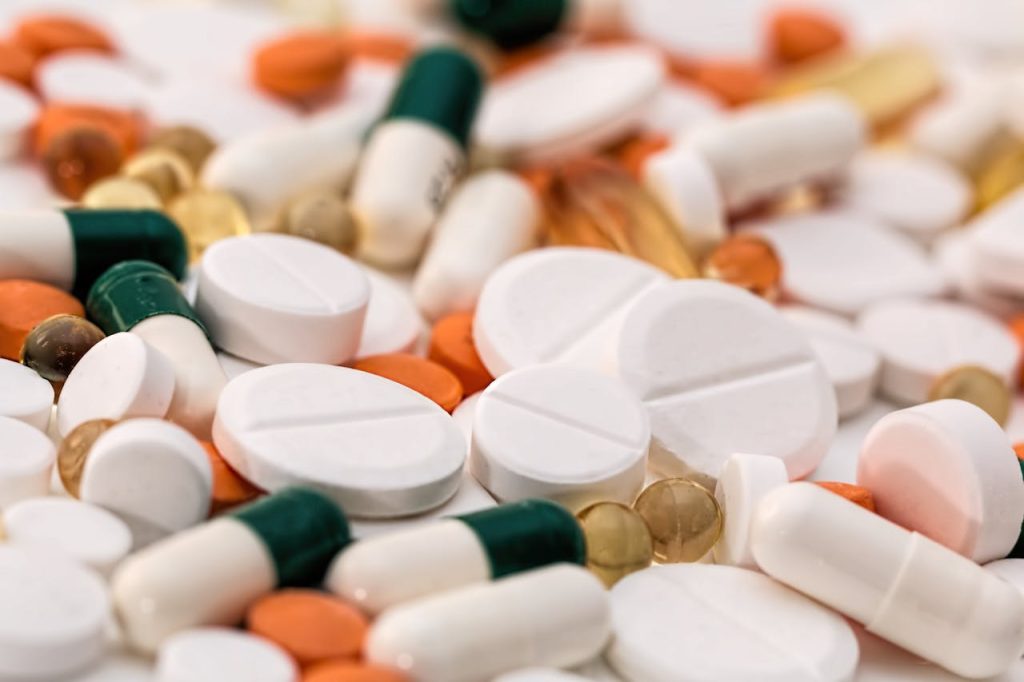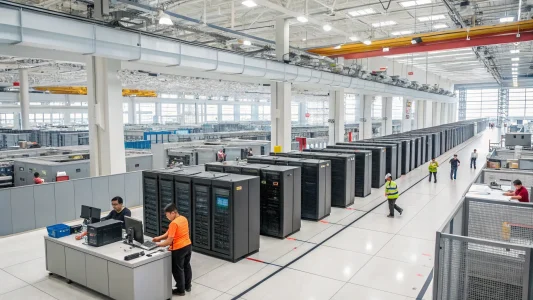Despite former President Donald Trump’s threat of a 200% tariff on imported drugs during a cabinet meeting, pharmaceutical investors have shown surprisingly positive sentiment this week. Despite Friday’s general selloff, the NYSE Arca Pharmaceutical Index increased by about 1% over the previous week, outperforming the flat S&P 500. Normally, such a policy would frighten markets.
Trump’s suggested timeline is more important to the unexpected investor response than the headline number. Trump declared, “We’re going to give people a year or a year and a half to come in, and then they’re going to be tariffed.” The threat was instantly reframed as a negotiation strategy rather than an urgent crisis due to that lengthy runway.
Trump to place 200% tariffs on pharmaceuticals
The grace period, according to analysts, gives businesses leeway. If the clock starts this year and runs for 18 months, firms could import drugs tariff-free into 2027—and possibly stockpile enough to avoid tariffs well into 2028, according to Jefferies analyst Akash Tewari in a note titled “Tariffs Schmariffs.” Building domestic manufacturing, which usually takes four years, might even be possible during that window.
Pharmaceutical firms don’t wait. The industry has taken aggressive action on two fronts since Trump first proposed the idea. First, businesses are hoarding inventory. In 2025, Ireland shipped $36 billion worth of hormone treatments, which are essential for diabetes and weight-loss medications. This amount more than doubled from the previous year, according to the Wall Street Journal. Second, businesses have begun making significant investments in American manufacturing. For instance, Eli Lilly has declared a $27 billion plan for domestic manufacturing. Much of this investment seems sincere. It appears to be motivated by mounting strategic pressure to localize production for the U.S. market.
The big beautiful bill
Trump’s “Big Beautiful Bill” offers significant financial incentives. Building new plants is now much less expensive thanks to the legislation, which increases the cap on interest write-offs and permits instant deductions for R&D and equipment purchases. The adverse effects of losing low-tax jurisdictions, such as Ireland, where many pharmaceutical companies have long based their production, are somewhat mitigated by those tax breaks.
Some businesses may therefore experience less of a tariff sting than anticipated. For example, Merck intends to manufacture a new Keytruda formulation in the country. According to Jefferies, Merck’s earnings could be hit by a tariff of only 1% to 2% in 2027–2028. This is less than the 25% tariff that was initially predicted. A recovery in sector dealmaking may also be explained by the stability surrounding Trump’s second-term agenda. Following Eli Lilly’s $1.3 billion acquisition of Verve Therapeutics, Merck announced last week that it would acquire Verona Pharma for $10 billion.
Featured Image Credit: Pixabay; Pexels: Thank You!














